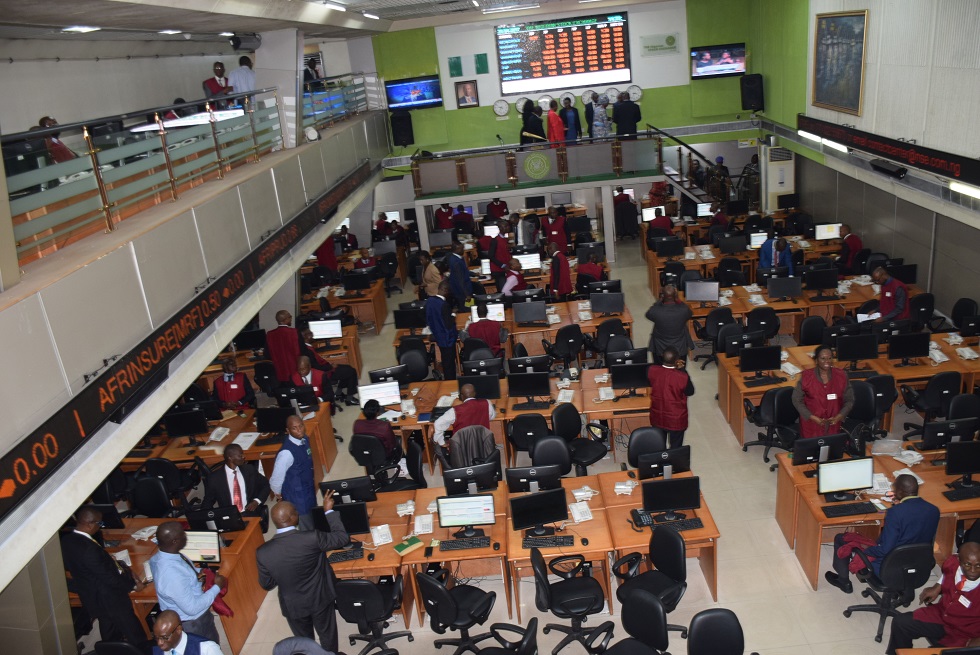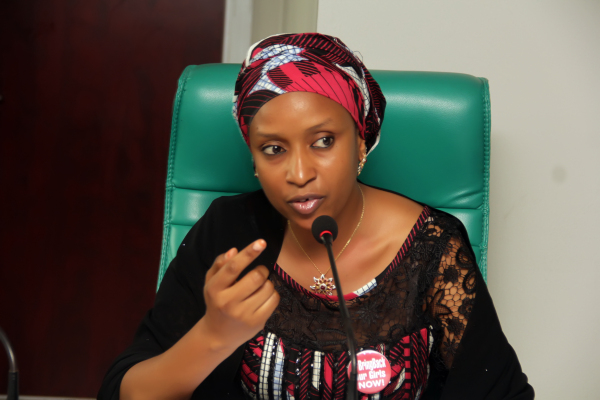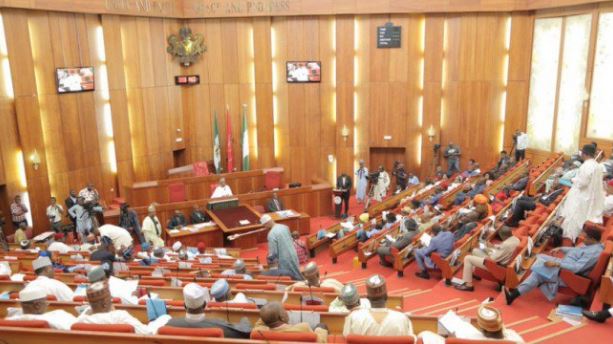Reps panel summons CBN, PENCOM, AGF over N33bn pension fund
Sustainability seems to be the new kid in town. It is the current buzzword and appears fashionable, particularly, amongst Nigerian financial regulators and the financial services sector. But why is this the case and what are the implications?
Arguably, the growing interest and buzz around sustainability are linked to the Nigerian Sustainable Finance Roadmap developed by the Financial Services Regulation Coordinating Committee (FSRCC). One of the roles of the FSRCC is to ensure harmony and complementarity in financial regulation across the board spectrum of financial regulators in Nigeria.
As such, the essence of the sustainable finance roadmap is for FSRCC members to develop and implement sustainability strategies and mainstream sustainability in their respective industries in a complementary and non-conflicting manner. Sustainability here means sustainable development – i.e. quest for development that does not inhibit or harm future generations. It recognises the nested inter-dependency amongst the economy, society and the environment.
In other words, the FSRCC expects financial regulators in Nigeria to promote environmental, social, and economic development in their respective industries with the understanding that the success of the economy is dependent on the viability of society. The success of society, in turn, is linked to the viability of the natural environment. As such, without the environment there will be no society, and without society, there will be no economy. The three are interwoven.
Advertisement
Positioned in this manner, sustainability is a quest for effectiveness and efficiency rooted in a commitment to reduce negative impacts and increase positive effects on society, environment, and the economy. Organisations, once established, have impacts, which could be positive or negative. Positive impacts include low carbon emission, fair employment practices, responsible product promotion and good corporate citizenship practices. In that regard, sustainability is about impact management and implies balancing social and environmental risks in economic decisions.
Evidence suggests a positive relationship between sustainability practice and the global competitiveness of a country. This is very much at the heart of the Sustainable Development Goals (SDGs).There is, also, significant evidence that sustainability is good for business. Some studies have found that corporations that voluntarily adopt sustainability policies have better organisational processes. They, thus, perform better when compared to a matched sample of companies that adopted almost none of these policies.
It has also been found that if financial institutions:“integrate sustainability criteria in their risk assessment and decision making procedures, they will strengthen their financial soundness, improve systemic financial stability, and contribute to a more ecologically sustainable, just and peaceful world” (Van Gelder, J.W. and Stichele, M.V., 2011:1).
Advertisement
Framed as such, sustainability entails a good understanding of how organisations impact on the physical environment, society, and the economy for organisational sustainability to translate into positive outcomes. Developing and implementing an organisational sustainability strategy, therefore, is a very broad and complex agenda requiring broad mindedness, systems thinking, and innovation. Another way to look at sustainability is to see it as a mind-set, an orientation, and an audacious journey.
Based on empirical evidence and experience, one of the most successful approaches to translating sustainability into practice is to embed it in an organisation’s culture. In order to do this, one needs to understand the value(s) an organisation creates and how an organisation’s culture either enables or constrains the delivery of such value(s). This usually implies a detailed diagnostics of the organisation and its value creation chain.
The deadline for the Nigerian financial regulators to fully comply with the demands of the Nigerian Sustainable Finance Roadmap is December 2019.FSRCC members that have signed up to the sustainable finance roadmap include the Central Bank of Nigeria (CBN), Nigeria Deposit Insurance Corporation (NDIC), the National Pension Commission (PenCom), Securities and Exchange Commission (SEC), National Insurance Commission (NAICOM), Corporate Affairs Commission (CAC), Federal Ministry of Finance (FMF), Nigerian Stock Exchange (NSE), Nigeria Commodity Exchange (NCX), and the Federal Inland Revenue Service (FIRS).
For these regulators to avoid approaching sustainability as a box-ticking exercise, as the case might often be, they need to make the sustainability agenda stick in their respective industries by imbibing sustainability as a culture and as a journey, first and foremost, before reaching out to those they regulate. In other words, they need to walk the talk. They need to practise what they preach. They cannot ask those they regulate to do what they, as regulators, cannot do. Therefore, in order to for the regulators to walk the talk, they must demonstrate committed leadership from top management.
Advertisement
It is the role of top management leadership to foster a common language and understanding of sustainability in an organisation. It is also the role of top management leadership to set the pace and create the necessary motivating incentives to realise sustainability in an organisation. In that regard, the success or failure of sustainability is usually 99% dependent on the type of top management leadership an organisation has.
But for a long time, Nigerian businesses and even regulators have treated sustainability as a dispensable philanthropic option. The focus of most organisations has been on survival, political manoeuvring, and self-interest. In that regard, the pursuit of sustainability is not necessarily seen as a priority.
Notwithstanding, sustainability has become so imperative in the financial services industry today that financial regulators can no longer ignore it. Financial regulators would, therefore, need to walk the talk, and be seen to do so, in order to maintain the legitimacy to guide and direct their industry. This is no longer an option, as well.
Some have begun the sustainability journey very well. However, the journey would now need to be sustained; and this cannot happen without a strong and visionary leadership commitment from top management. Leaving the task for middle managers and or ad hoc committees, as it seems to be the case in most of the financial regulatory institutions in Nigeria, is not an effective approach and could be a recipe for disaster and inertia.
Advertisement
As such, the success or failure of sustainability in any of the financial regulators and the industry they regulate will largely depend on the commitment of a financial regulator’s top management leadership to the sustainability cause and agenda. Again, this cannot be overemphasised and should not be taken for granted.
Leadership is everything, as far as sustainability is concerned! The key question then for the top management of each of the financial regulators is:“how well prepared is your organisation for this necessary sustainability journey”?
Advertisement
Amaeshi is professor of business and sustainable development at the University of Edinburgh Business School, United Kingdom. He tweets @kenamaeshi
Advertisement
Add a comment







